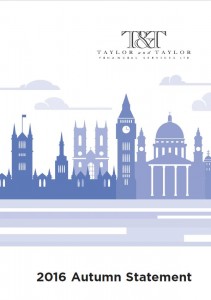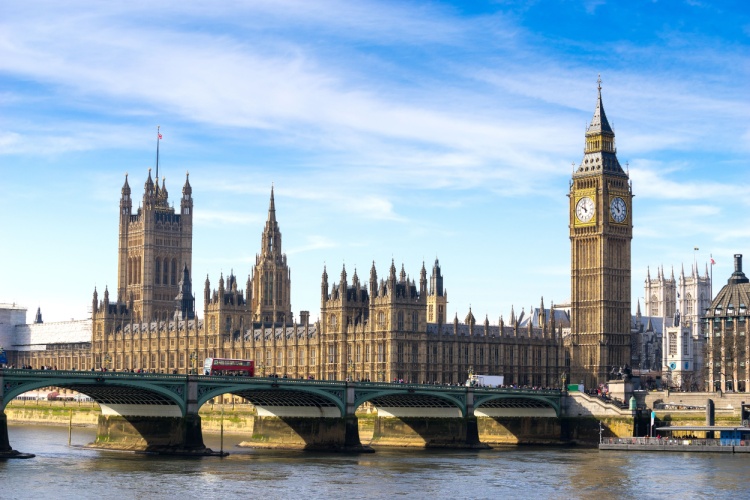The UK has experienced plenty of political upheaval this year with the EU referendum followed by a change of leadership. The Chancellor, Philip Hammond, delivered his first Autumn Statement on 23 November– which also turned out to be his last. His surprise announcement was that after two Budgets in 2017, from 2018 onwards we will have a Spring Statement and an Autumn Budget.
The Chancellor presented his Autumn Statement against a background of reduced growth forecasts and the ‘urgent’ need to tackle the long-term weaknesses of the UK economy. His declared ambition is to make UK ‘match-fit’ for Brexit.
The emphasis of the Chancellor’s speech was on increased infrastructure spending, a stop on further new welfare savings measures and an acceptance that government borrowing will be significantly higher than previously projected.
Non-tax provisions included a proposed ban – as in Scotland – on letting agents charging fees to renters, a continuing freeze on fuel duty, and a 30p an hour increase in the national living wage from April 2017 to £7.50.
On the tax front Mr Hammond announced the removal of tax and NIC advantages from salary sacrifice schemes (excluding pension contributions) and confirmation of the government’s commitment to reducing corporation tax to 17% by 2020. In a statement with little pensions news the Chancellor snuck in a reduction in the money purchase annual allowance (MPAA) from £10,000 to £4,000 from April 2017.
In a speech that ranged from welfare change to insurance premium tax by way of saving Wentworth Woodhouse, an historic stately home said to be the inspiration for Jane Austen’s Pemberley for the nation, Mr Hammond mixed in the serious challenges with some quirky touches. Perhaps he has started as he means to go on.





